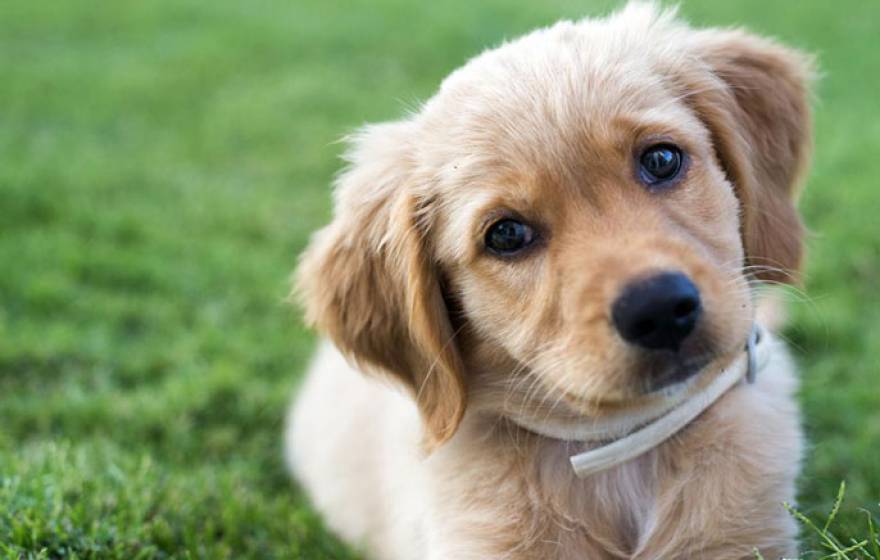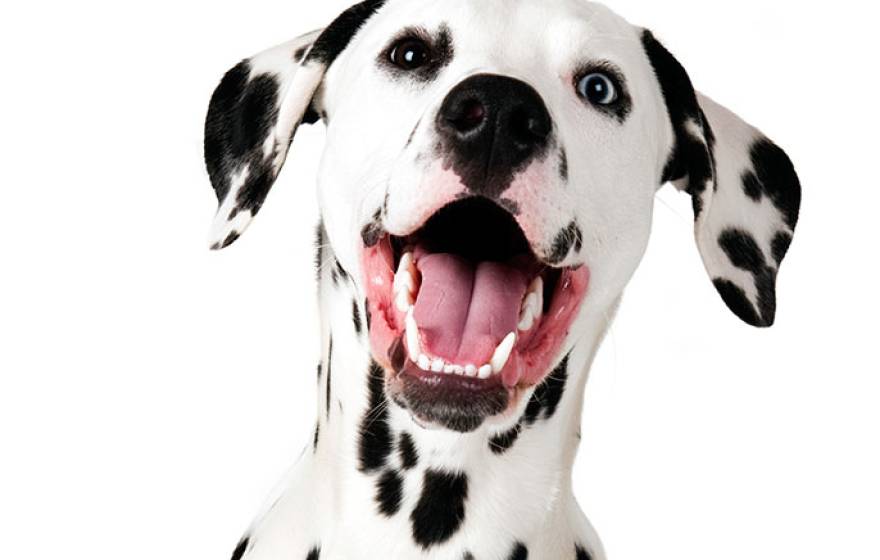Dogs’ highly evolved noses can rapidly detect the SARS-CoV-2 virus, research finds.
Humanity’s best friend, even in a pandemic
Can dogs detect COVID-19?
Some very good dogs are trying.
When you should neuter your puppy, according to science
A 10-year study examined the risks of early neutering across 35 breeds and found surprising variation.
If dogs could talk
How we interact with pit bulls sheds light on the ways we reproduce social inequality, says Katja Guenther.
Preliminary study suggests mercury not a risk in dog foods
Researchers tested 24 commercial diets for mercury and methylmercury.
Dogs on some popular, grain-free diets could be at risk of heart disease
Trendy dog food formulations lacking in some nutritional elements can bring about unintended harm to your pets.
Abused as a puppy, UC Berkeley’s new police dog finds second life on campus
Canine Officer Obi, a 14-month-old Springer Spaniel, started work last month as a bomb-detecting dog.
4 great ways to keep your dog safe this summer
Follow these tips from the School of Veterinary Medicine and enjoy the great oudoors worry-free.
How search-and-rescue dogs find you
A neuroscientist on the olfactory secrets that transform certain animals into superior trackers.
English bulldog’s gene pool may be too small to heal the breed
Researchers find trouble lurking within the DNA of the iconic dog.
UCLA biologist helps lead search into dogs' origins
A new international project tests ancient DNA to finally settle the question of where dogs come from.
Modern genetic problems in dogs may be traced to domestication
UCLA study finds that 15,000 years of artificial selection may have led to a rise in the number of harmful genetic changes in canines.











